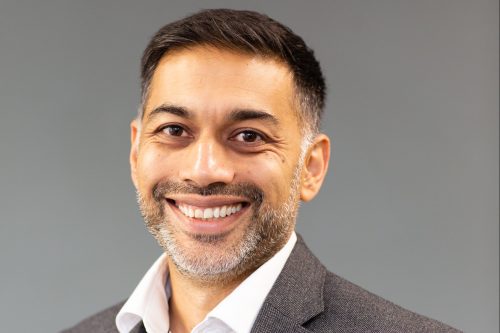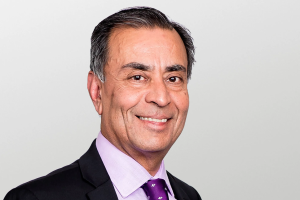Award winning law firm fighting financial fraud across the region

The chaos of the UK economy will see financial crime become more prolific for both individuals and businesses who have been hit by the rising energy bills, increased interest rates and sharp fall in the value of the pound. As families struggle to afford the basics and businesses battle to manage rising costs, fraud is always an element amongst financial risks.

From an employee perspective, the risk of financial pressure means increased pressure to maintain employment and therefore a risk of bending rules to do so. It can cause greater risk of direct loss caused by employees.
From a supplier perspective, these providers need to maintain their own margins of profit which may cause using substandard materials or lesser qualified staff to undertake work for those they supply.
According to fraud lawyer, Arun Chauhan, director at Tenet “One of the typical risks we see when financial margins tighten is often with supply chain issues. Business decision-makers are being caught out, not in their core business line but in the peripheral lines of running a business as they look to areas of saving money outside of their expertise.”
Arun says “We are all too aware of the challenges businesses owners are facing and sophisticated fraudsters will adapt and innovate to target weaknesses while they are expose and cash in on this criminal opportunity. Ultimately fraudsters are targeting vulnerable sectors when they are in need the most.”
The increased pressure also results in less focus on the internal risks which include employee fraud.
“Sadly, we will also see the temptation for employees to commit fraud during difficult circumstances. There’s greater risk that they may act in a dishonest manner when personal financial issues arise” says Arun.
This is where need and opportunity come together.
The rising cost of living crisis increases the pressure and motivation for employees to commit fraud. As a result, ‘need’ can arise. In this financially vulnerable state, employees who can access their employer’s cash and financial systems, are far more likely to give in to temptation.
Desperate employees may look for flaws in internal controls and attempt to commit fraud as a way to survive. Trusted employees that may have held their roles without any abuse of position for years prior may use their personal circumstance as a way of rationalising dishonest behaviour. Sadly, individual circumstances can sometimes lead to good people doing bad things.
Arun founded Tenet, a disputes and compliance law firm specialising in fraud and financial crime in 2016. He is concerned “We’re heading into a perfect storm with fraud. One person’s view on dishonesty is not the same as someone else’s. Businesses need to have that policy and procedure in place, but it’s only going to work if people understand what they’re looking for.”

Tenet’s clients range from directors, private companies, PLCs, banks in the FinTech space, not-for- profits, and housing associations both in the UK and internationally. Assisting them to meet regulatory obligations and reducing their exposure to fraud.
Tenet’s advice is to have fraud on the agenda at every level in the business. Arun asks clients to actually ask anyone in the organisation: “In your job role, how would you defraud your own company? What are the weaknesses?” They are the systems and controls that can be fed up to directors of compliance, heads of governance assurance, internal audit – those people who can then set the controls because they learn from the people on the shop floor. It’s an ongoing engagement, along with fraud prevention training and promoting an environment where staff feel safe to voice any concerns.”
The challenge ahead is how we manage and adapt in order to protect and defeat potential risks. It’s about mitigating these threats in the short term and working together in the long term to prevent and reduce the harm that fraud and financial crime has on wider society.









